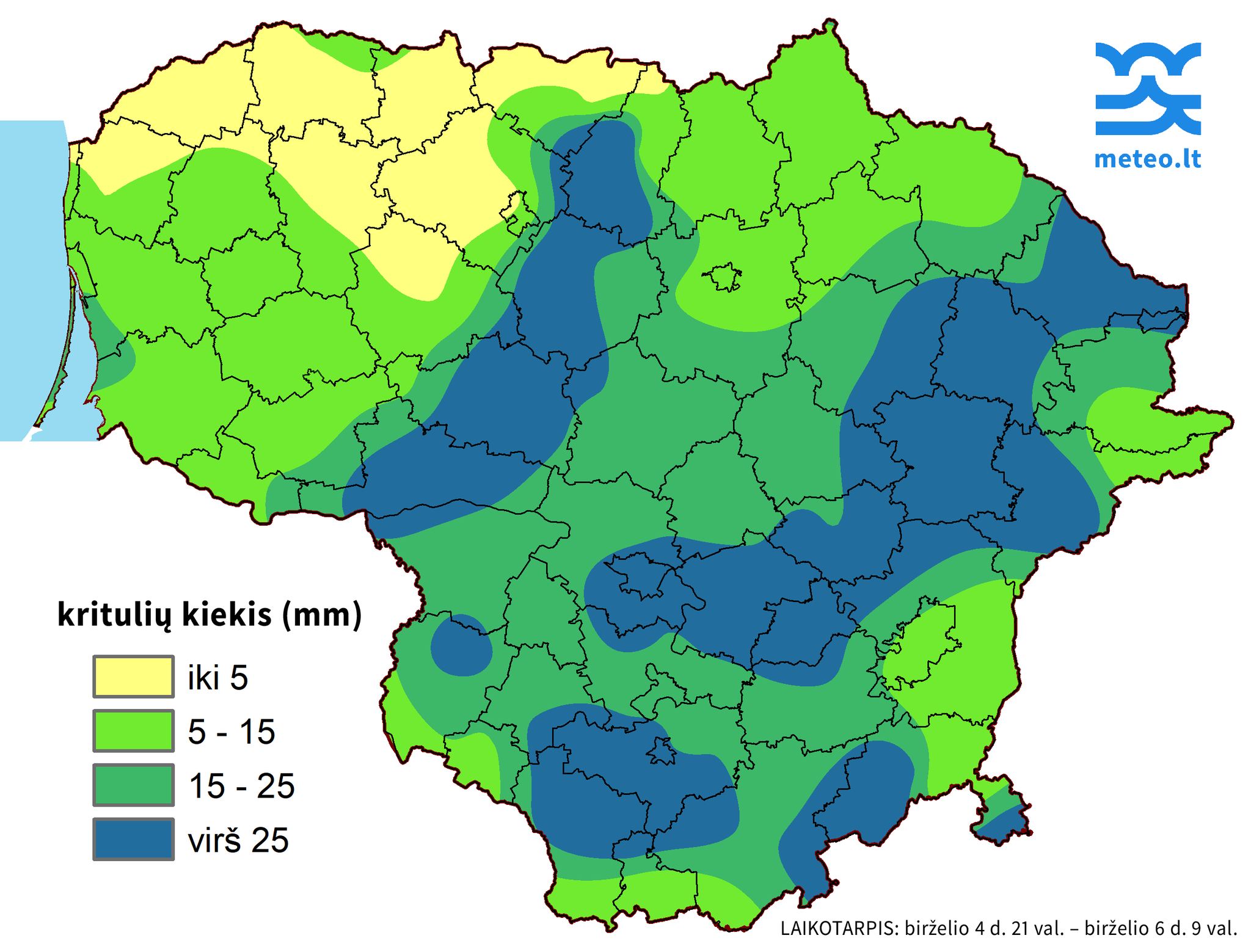Organic or sustainable food: What to choose?

What is organic food
Organic food is food grown and made in accordance with the requirements of organic production. All organic products must have a certificate of organic production – it is issued in Lithuania by public institution Ekoagros.
According to Eglė Akelaitienė, Head of the III Certification Division of Ekoagra, the organic production is subject to additional requirements compared to conventional products. The principle is the control of cultivation and production and the certification of products. The entire organic product is controlled from the outdoor to the table – from growing, recycling to transportation, storage and supply to the end user.
« Grown without synthetic chemical fertilizers, pesticides, maintaining the viability of soil, animal welfare is ensured. Prohibited genetically modified organisms (GMOs) are prohibited. Food is processed without the use of synthetic additives, preservatives, dyes, chemical fragrances. In order to make sure the products do not contain prohibited substances, samples are taken and laboratory tests are performed for years, ”says E. Akelaitienė.
How to recognize in the store
In the sale, organic products are easily recognized by labeling. Throughout the EU, organic products are marked by the same sign – the EU ecological production logo. E. Akelaitienė advises the buyer looking for an organic product at least.
It is a green rectangle with a leaf from white stars. Next to it is the code of the certificate issued by the certificate. If certified in Lithuania, LT-Eko-001 will be labeled code. The origin of the raw materials is also indicated next to the EU or non -EU agriculture.
“In Lithuania, we also have an additional national brand ‘Organic Agriculture’. It marks organic packed or packaged foods for the Lithuanian market. By the way, this sign is optional for farmers if they supply certified organic products to the end consumer themselves, such as selling in the market, ”says Ekoagros expert.
For more detailed information, the electronic system can be checked, where all EU ecological production certificates are published in the EU. For example, someone says that beetroot or apples sells organic. In the system, traces can be easily verified by the surname or company name.
Labeling: EU organic products are marked by the same sign – a green rectangle with a leaf from white stars. « Organic Agriculture » is a marking organic packed or packaged food for the Lithuanian market. / Photo by the reporters
What is sustainable food
According to Rūta Trainytė, a member of the consumer alliance council, sustainable food growers and manufacturers are not limited to organic farming and look at the entire food system holistic.
« The purpose of sustainability is to ensure that food production meets current needs without compromising future generations. These practices are based on the principles of ESG and ring, » says a consumer alliance spokeswoman.
The most important principles of sustainability are:
E (English Environment) – environmental protection. Sustainable farming aims to reduce the impact of the environment as much as possible, such as reducing carbon dioxide emissions, saving water and protecting ecosystems.
S ( Social) – Social responsibility. In the sustainable food system, the well -being of people involved in all stages of the food chain, from agricultural workers to consumers. These include issues such as labor law, access to healthy food, equality, solution.
G (English Governance) – Economic vitality. Sustainable food production is aimed at developing systems that are economically viable for farmers, employees and companies, ensure fair wages, reduce food waste and support the local economy.
The circular economy – encourages the reduction of waste and the use of renewable resources. This can indicate nutrient processing by composting, reducing packaging, or using renewable energy resources in food production.
According to R. Trainytė, sustainability standards and certification are guidelines for which manufacturers, manufacturers, traders, retailers and service providers voluntarily use to prove their commitment to good environmental, social, ethical and food safety practice.
Both organic and sustainable food are essential components of the healthier food system.
Similarities and differences
Organic food is primarily related to the fact that it is grown, recycled and for the consumer strictly complying with eco -production requirements. Organic food has certificates, and sustainability is more philosophy that does not always have official certificates.
However, both systems have common features. Ecological production is also sustainable production in terms of environmental protection. Organic farming promotes responsibly using energy and natural resources, preserving biodiversity, maintaining regional ecological balance, increasing soil fertility, and maintaining water quality. Organic farming rules are encouraged to comply with high standards of animal welfare.
Sustainable food practice can include the principles of organic food, as well as other areas, such as energy use, local sources, work practice, social justice. Sustainable food systems emphasize the efficiency and long -term resistance of resources to reduce the deterioration of the environment as possible, to ensure long -term viability of food systems, to balance the needs of the environment, economy and society on a global scale.
What’s better?
There is no simple answer to this question as both systems have their own advantages. If the most important thing for the consumer is to consume food without synthetic chemicals, genetically modified organisms and care about the environment and nature, organic food can be the best choice. And if the most important thing is to reduce the trace of carbon dioxide and support honest work practice, then sustainability may be a priority.
The most important thing to admit is that both organic and sustainable food are essential components of the healthier food system. Consumers can have a major impact on their health, the environment and society, which are consistent with both eco -friendly and sustainability principles, such as eco -friendly products or certified products.
The report, in cooperation with the State Consumer Rights Protection Authority, has prepared the Consumer Alliance








